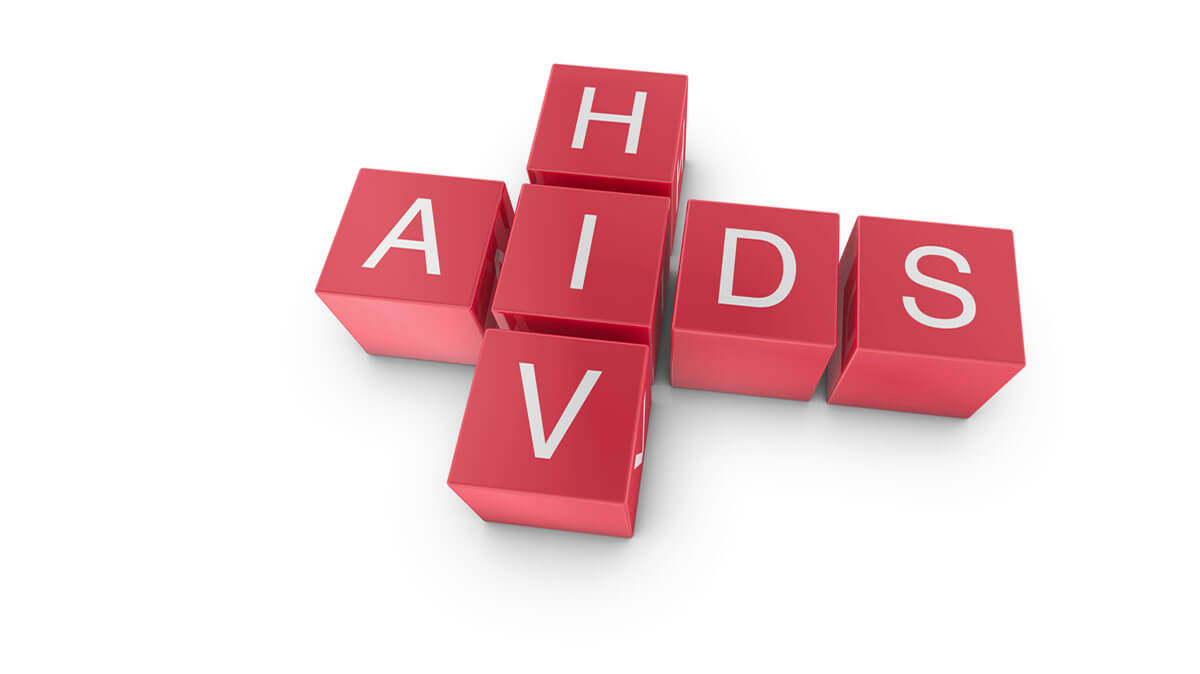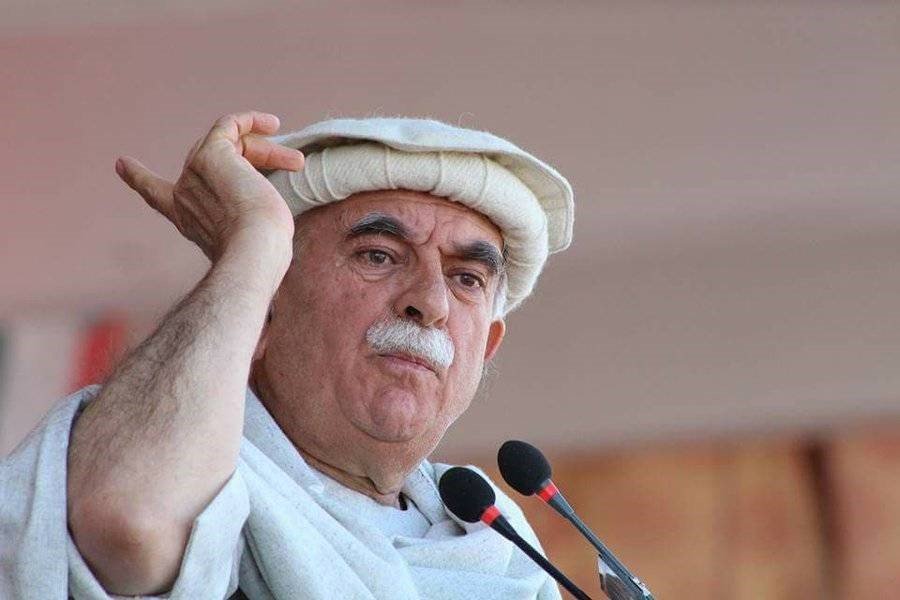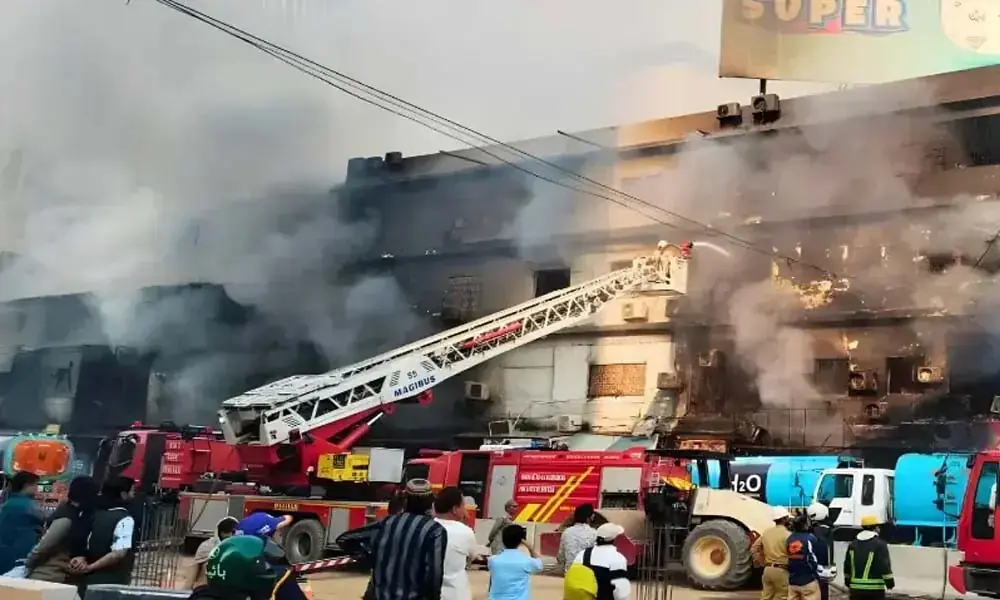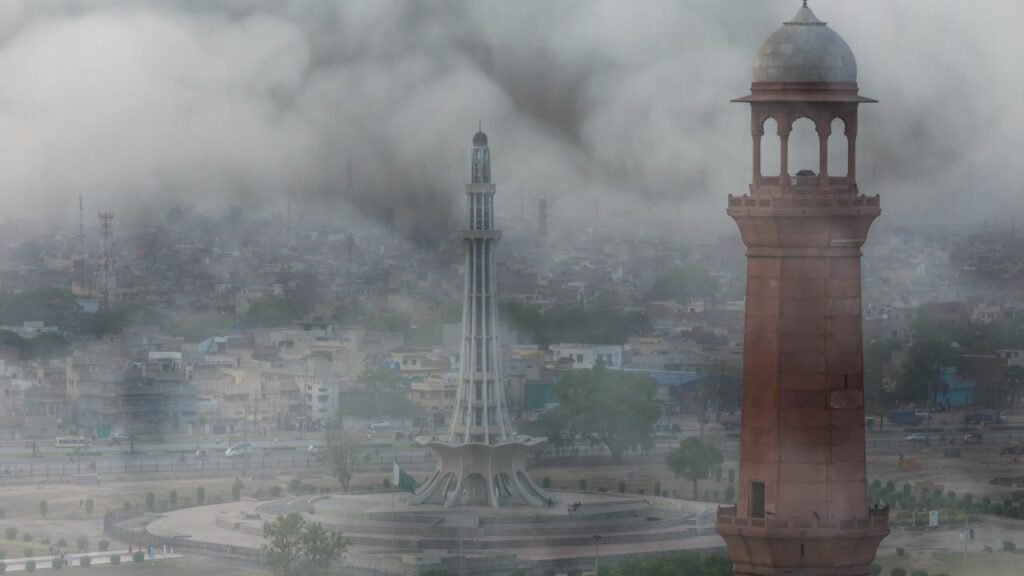Dr Bilawal Kamran
Pakistan is facing an escalating public health disaster. Over the past two decades, the country has witnessed multiple HIV outbreaks, yet official inertia continues to worsen the situation. The latest figures from Sindh are alarming — nearly 4,000 registered HIV-positive children and an estimated 600,000 unqualified practitioners operating across the province, with 40 percent based in Karachi alone. These numbers expose a grim reality: Pakistan’s healthcare system is collapsing under the weight of negligence, corruption, and regulatory failure.
Follow Republic Policy Website
The causes are as clear as they are preventable. Unethical medical practices, contaminated syringes, unsafe dental tools, unregulated blood transfusions, and the sale of reused hospital waste have created the perfect breeding ground for the virus. According to health officials, even barber shops and dental clinics in rural areas operate without sterilisation standards, turning everyday procedures into potential death traps. This public health catastrophe is not the result of medical mystery — it is the consequence of institutional apathy and unchecked malpractice.
Follow Republic Policy YouTube
The tragedy is compounded by a culture of impunity. Despite repeated warnings, government measures remain largely cosmetic. Occasional directives, half-hearted awareness drives, and short-term crackdowns on “quacks” have done little to dismantle the networks of fake doctors exploiting poor patients. The government must act decisively by enforcing medical certification, digitising doctor registrations, and shutting down unlicensed clinics. Pakistan urgently needs a transparent national databank of qualified medical professionals — an accountability mechanism that ensures no one without credentials can operate a syringe or scalpel.
Follow Republic Policy on X (Twitter)
But beyond regulatory reform, the HIV crisis reflects the collapse of public trust in the health system itself. In many rural and low-income urban areas, access to qualified medical practitioners is almost nonexistent. Patients turn to informal healers or local “compounders” because public hospitals are underfunded, understaffed, and often too far away. This neglect perpetuates a vicious cycle of infection, misinformation, and despair. Without structural investment in community-level health infrastructure — especially in Sindh, Balochistan, and southern Punjab — Pakistan cannot hope to contain the epidemic.
The fight against HIV/AIDS is not just a medical issue; it is also social and psychological. Stigma and ignorance have made it impossible for many patients to seek timely treatment. Misconceptions about how HIV spreads — often linked with moral judgment rather than science — have created a culture of silence. The result is devastating: people delay diagnosis until it is too late, while others face isolation from families and communities. The government, civil society, and media must jointly launch sustained campaigns that normalise discussions about HIV and promote compassion over condemnation.
Follow Republic Policy Facebook
Education holds the key to prevention. HIV awareness should be made part of school and college curricula, where students learn how the virus attacks the immune system and how it can be prevented. Public awareness programs must also target high-risk groups — drug users, commercial sex workers, and the transgender community — through outreach centres that provide free testing, counselling, and treatment. It is vital to recognise that ending HIV transmission requires reaching every individual at risk, not just those who fit social comfort zones.
Moreover, Pakistan must ensure universal access to antiretroviral therapy (ART) — the cornerstone of HIV management worldwide. Intermittent shortages, logistical failures, and bureaucratic red tape have prevented thousands from receiving consistent medication. ART not only saves lives but also reduces the risk of transmission dramatically. Making these medicines freely and consistently available in all provincial health units and prisons would represent a turning point in Pakistan’s HIV response.
Equally critical is infection control at hospitals and blood banks. Every blood transfusion must be regulated, screened, and documented. The mushroom growth of unlicensed blood banks has contributed to numerous outbreaks. Provincial governments, in collaboration with Pakistan’s health authorities and WHO, must establish independent inspection teams to monitor and seal facilities that fail to meet international standards. A national infection control law — with strict penalties for malpractice — should be enacted to enforce compliance across both public and private sectors.
But policy reform alone is not enough. The roots of this crisis lie in poverty and inequality. Poor families often cannot afford private healthcare and are forced to rely on unsafe, informal options. Keeping children in school, creating employment opportunities, and ensuring access to clean water and sanitation are as vital to HIV prevention as medical measures. Health cannot be separated from human dignity — and poverty continues to deny millions that basic right.
Follow Republic Policy Instagram
Globally, countries that have successfully controlled HIV — from Thailand to Rwanda — have done so through a combination of transparency, education, and universal access to care. Pakistan can learn from these examples, but only if it accepts that this epidemic is a national emergency, not an occasional embarrassment. The federal and provincial governments must coordinate their response through a unified national HIV framework that integrates public health, education, and social welfare under one actionable agenda.
Above all, Pakistan must confront the stigma that still surrounds this disease. HIV is not a crime, and those living with it are not outcasts. Society must replace fear with empathy, judgment with awareness, and negligence with accountability. The current silence — in hospitals, schools, and policy chambers — is costing lives every day.
Follow Republic Policy WhatsApp Channel
Pakistan’s HIV epidemic is preventable and treatable, but only if the state acts with urgency and integrity. It is time to move beyond directives and take decisive, data-driven action. Every infected child, every unsafe syringe, every fake doctor is an indictment of our collective failure. The question is not whether Pakistan can control HIV — it is whether the political will exists to save lives before it is too late.















